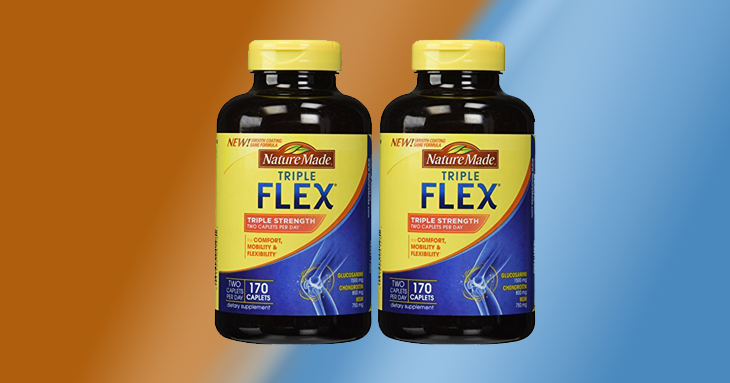
Best Reader Tips of 2021
This year reader tips led to dozens of ad alerts, as well as a complaint to regulators.
TINA.org objects to proposed settlement in which marketer and plaintiffs' attorneys are the only winners.
TINA.org has filed a legal brief in opposition to a proposed glucosamine class-action settlement that, TINA.org argues, gives too much money to plaintiffs’ attorneys, too little compensation to victims, and does nothing to change the alleged deceptive labeling of the defendant’s supplement in regard to unsupported claims to increase joint mobility and reduce joint pain — the very claims that served as the basis for the complaint.
Under the proposed settlement with the marketers of TripleFlex, which sells under the Nature Made brand, plaintiffs’ attorneys will pocket more than $4 million while cash refunds for the class members they represent are capped at $100 per household. The settlement agreement defines the class as any U.S. resident who purchased TripleFlex at a cost of $15-$40 a bottle between May 2007 and June 2017.
Meanwhile, TripleFlex’s marketer, Pharmavite, is only banned from using two words (and their derivatives) on the label of its glucosamine supplement: rebuild and rejuvenate. And the ban is binding for, at most, two years. Far longer is the lifetime ban on suing the company for deceptive advertising that the proposed settlement imposes on class members.
TINA.org’s legal brief notes that plaintiffs’ attorneys in this case have made something of a specialty out of filing class-action complaints against the marketers of glucosamine supplements, and have already raked in more than $10 million in legal costs and fees.
Said TINA.org Executive Director Bonnie Patten:
Not only does this proposed settlement fail to remedy the deceptive marketing alleged in the operative complaint, but it shields defendant’s marketing from future litigation. The clear winner here is not the consumer but the marketer and the plaintiffs’ attorneys who continue to profit handsomely at the expense of the very people they claim to represent.
Often marketed for joint pain, glucosamine is one of the most popular non-vitamin dietary supplements sold in the U.S., with sales topping $750 million in 2012. But a recent review of available research on the effects of glucosamine found the supplement no better than a placebo at reducing arthritic pain. Meanwhile, both the Osteoarthritis Research Society International and the U.S. National Institute for Health and Care Excellence have issued guidance about the lack of evidence for glucosamine as a cure for joint pain, according to Reuters.
Find more of TINA.org’s coverage on glucosamine supplements here.
This year reader tips led to dozens of ad alerts, as well as a complaint to regulators.
Supplement MLM takes down dozens of deceptive claims following TINA.org investigation.
TINA.org files brief urging court to deny final approval of settlement that is unfair to consumers.


